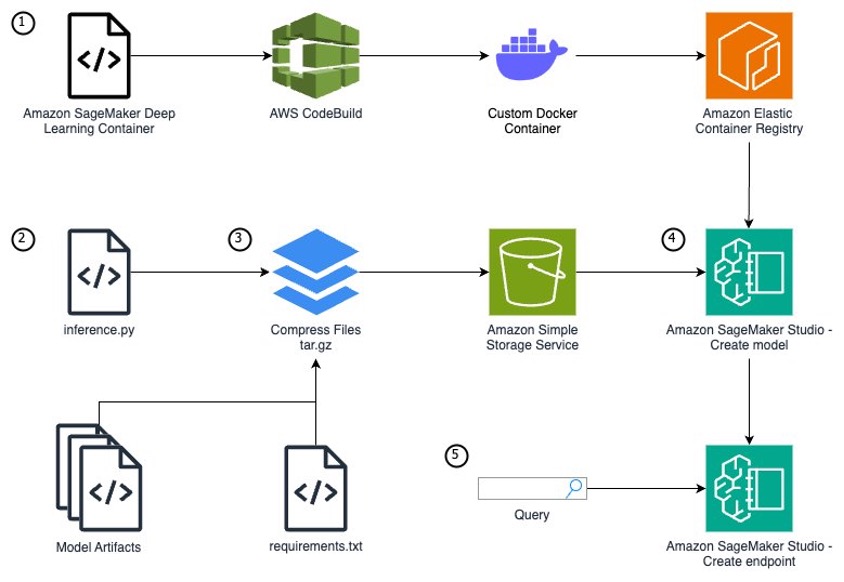Amazon has taken a significant step in the field of machine learning with the launch of a new feature on its Amazon SageMaker platform. This tool allows users not only to create and train machine learning models, but also to deploy them in a scalable and personalized way, which is particularly beneficial for sectors that require custom solutions, such as geospatial analysis and bioinformatics.
One of the standout features of SageMaker is the option to use custom containers. This means that developers can include their own models and dependencies that are not available in the platform’s managed container images. In a recent guide, the implementation of the NASA’s Prithvi model, developed in collaboration with IBM, is showcased. This model is based on a transformer architecture of temporal vision and has been trained with data from the Landsat and Sentinel 2 missions.
The Prithvi model can be adjusted to perform various tasks, such as detecting scars caused by fires, classifying crops, and mapping floods. To carry out this implementation in SageMaker, users need to follow a series of steps that include creating custom model definitions, preparing artifacts and inference files, and uploading these elements to Amazon S3.
One notable advantage of this new feature is the ability to integrate additional libraries and packages that are not found in standard container images. This gives researchers and developers full control over the environment and dependencies of their models, facilitating customization and adaptation to specific needs.
The process of deploying a model in SageMaker includes building a container image that encompasses the model and its dependencies, creating a build specification file, and executing various steps through the SageMaker Studio interface. Subsequently, users can test the inference endpoint by creating test cases that send images for processing and receive real-time predictions.
With these innovations, Amazon reaffirms its commitment to advancing machine learning, offering customizable tools that allow developers and researchers to implement complex solutions more efficiently. As artificial intelligence and data analysis continue to expand, SageMaker emerges as a crucial platform for the development and deployment of machine learning models tailored to specific needs.
via: MiMub in Spanish











